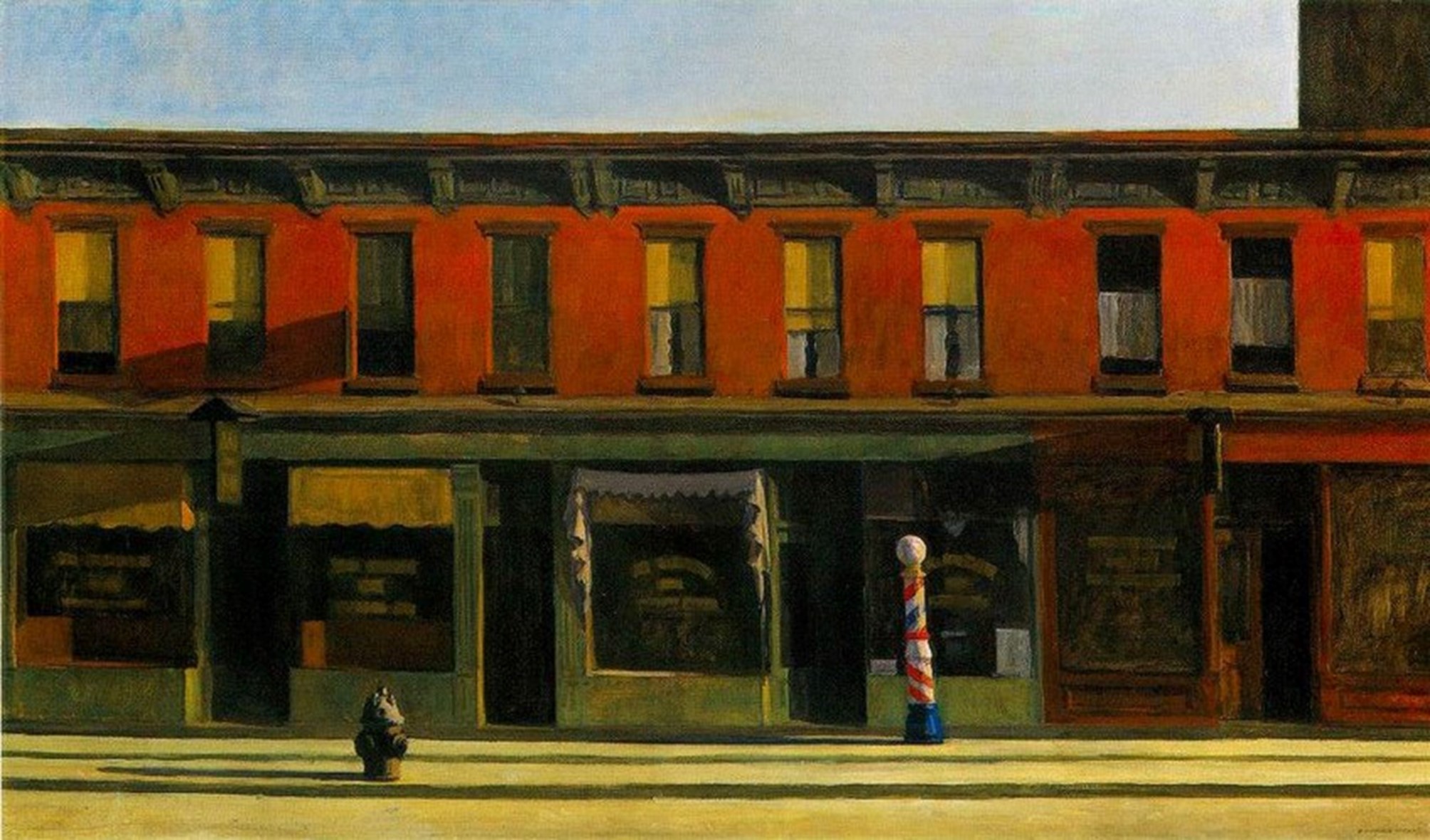Generational Varieties. Americanists and Americanistas compared in the formation of the 'literary myth' of America
Keywords:
American myth, generation, translation, gender, fascismAbstract
The literary ‘discovery’ of America in the Italian literary culture between the 1930s and 1950s has long been narrated as the endeavor of a new generation of writers and translators. In Il mito dell’America negli intellettuali italiani (1969), the classic study by Dominque Fernandez that has sealed this interpretation, Cesare Pavese and Elio Vittorini feature as the exceptional leaders of an intellectual crusade that opposes the ‘old’ generation of americanists such as Mario Praz, Carlo Linati, and Emilio Cecchi. The essay questions the notion of generation underlying Fernandez’s book in light of the recent studies that have been conducted on translations during Fascism. More specifically, the case of the translators Alessandra Scalero and Ada Prospero not only expands the group of the mediators of American literature in the period under consideration, but also the very notion of a ‘new generation’ of Italian americanists.

Downloads
Published
How to Cite
Issue
Section
License
Copyright (c) 2023 Elephant & Castle

This work is licensed under a Creative Commons Attribution 4.0 International License.





